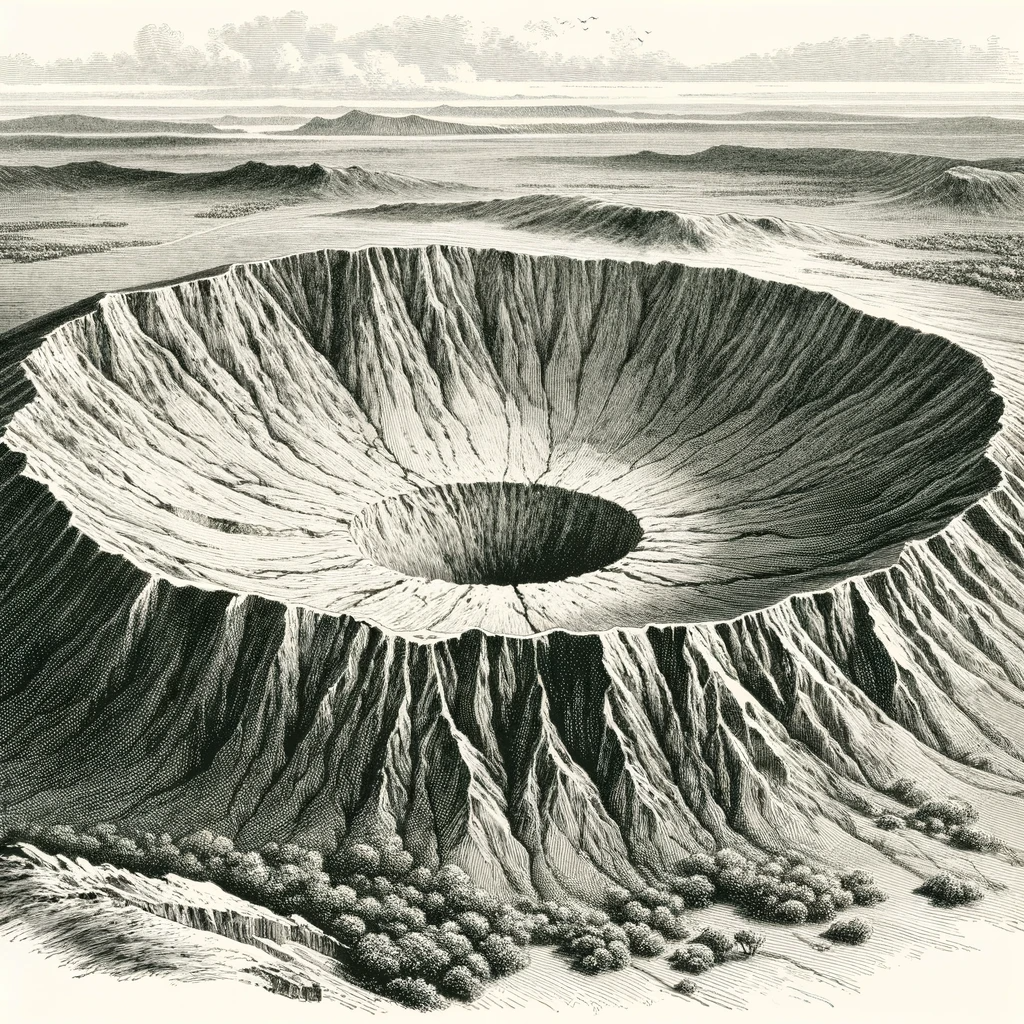Depressed
Definition
Depressed is an adjective that describes a state of feeling severe despondency, sadness, or a lack of motivation and enthusiasm. It can also refer to a reduced level, activity, or condition in various contexts, such as economic or physical conditions.
Parts of Speech
- Adjective
Pronunciation
American English
- IPA Pronunciation: /dɪˈprɛst/
- Respelling: dih-PREST
British English
- IPA Pronunciation: /dɪˈprɛst/
- Respelling: dih-PREST
Etymology
The word "depressed" originates from the Latin "deprimere," meaning "to press down," from "de-" (down) and "premere" (to press). The term evolved through Old French "depresser" and Middle English as "depress," acquiring both psychological and physical meanings over time.
Derivatives
- Depression (noun)
- Depressive (adjective)
- Depress (verb)
- Decompress (verb)
- Depressant (noun)
Synonyms
- Downcast
- Sad
- Despondent
Antonyms
- Joyful
- Happy
- Elated
Usage
The term "depressed" is often used to describe feelings of deep sadness or a low mental state, as in "She felt depressed after the loss." It is also used in economic and physical contexts, such as "The depressed economy showed little growth."
Related Terms
- Anxiety: A feeling of worry, nervousness, or unease.
- Despair: The complete loss or absence of hope.
- Melancholy: A feeling of pensive sadness, often with no obvious cause.
Detailed Definitions
Adjective
- In a state of despondency or sadness: Refers to feelings of deep unhappiness or a lowered mental state.
- Example: "He felt depressed after hearing the news."
- Experiencing economic or physical decline: Describes a lowered or weakened condition, such as in economic contexts or physical states.
- Example: "The depressed market showed little improvement."
- Lowered in position or level: Used in physical contexts to describe something reduced or pressed down.
- Example: "The area was left depressed after the heavy rainfall."
depressed



🇨🇳 Mandarin (Simplified Chinese)
- 抑郁的 (For feeling despondent)
- IPA Pronunciation: /yì yù de/
- English Respelling: yee yoo deh
- 下陷的 (For pressed down)
- IPA Pronunciation: /xià xiàn de/
- English Respelling: xia xian deh
🇮🇳 Hindi
- उदास (For feeling despondent)
- IPA Pronunciation: /udaːs/
- English Respelling: udaas
- दबा हुआ (For pressed down)
- IPA Pronunciation: /d̪abaː huaː/
- English Respelling: daba hua
🇪🇸 Spanish
- deprimido
- IPA Pronunciation: /de.priˈmiðo/
- English Respelling: deh-pri-mee-tho
🇫🇷 French
- déprimé
- IPA Pronunciation: /de.pʁi.me/
- English Respelling: day-pree-may
🇸🇦 Modern Standard Arabic
- مُحبِّط
- IPA Pronunciation: /muħbibˤ/
- English Respelling: muh-bbit
🇧🇩 Bengali
- উদাস (For feeling despondent)
- IPA Pronunciation: /ud̪as/
- English Respelling: udaas
🇷🇺 Russian
- подавленный
- IPA Pronunciation: /pəˈdavlʲɪnɨj/
- English Respelling: po-dav-li-nyiy
🇵🇹 Portuguese
- deprimido
- IPA Pronunciation: /dɛ.pɾiˈmi.ðu/
- English Respelling: deh-pri-mee-doo
🇮🇩 Indonesian
- tertekan
- IPA Pronunciation: /tɛr'tə.kan/
- English Respelling: ter-te-kan
🇩🇪 German
- deprimiert
- IPA Pronunciation: /dɛpʁiˈmiːʁt/
- English Respelling: deh-pri-meert
🇯🇵 Japanese
- 憂鬱な
- IPA Pronunciation: /juː.utsu na/
- English Respelling: yoo-utsu na
🇻🇳 Vietnamese
- trầm cảm
- IPA Pronunciation: /ʈʂam kam/
- English Respelling: tram kam
🇰🇷 Korean
- 우울한
- IPA Pronunciation: /u.ul.han/
- English Respelling: woo-ul-han
🇹🇷 Turkish
- bunalımlı
- IPA Pronunciation: /buːnaːɫɯmɫɯ/
- English Respelling: boo-na-lim-li
🇵🇰 Urdu
- افسردہ (For feeling despondent)
- IPA Pronunciation: /ʌf.surdə/
- English Respelling: ufsurda
- دبا ہوا (For pressed down)
- IPA Pronunciation: /d̪aba hʊ.aː/
- English Respelling: daba hua





